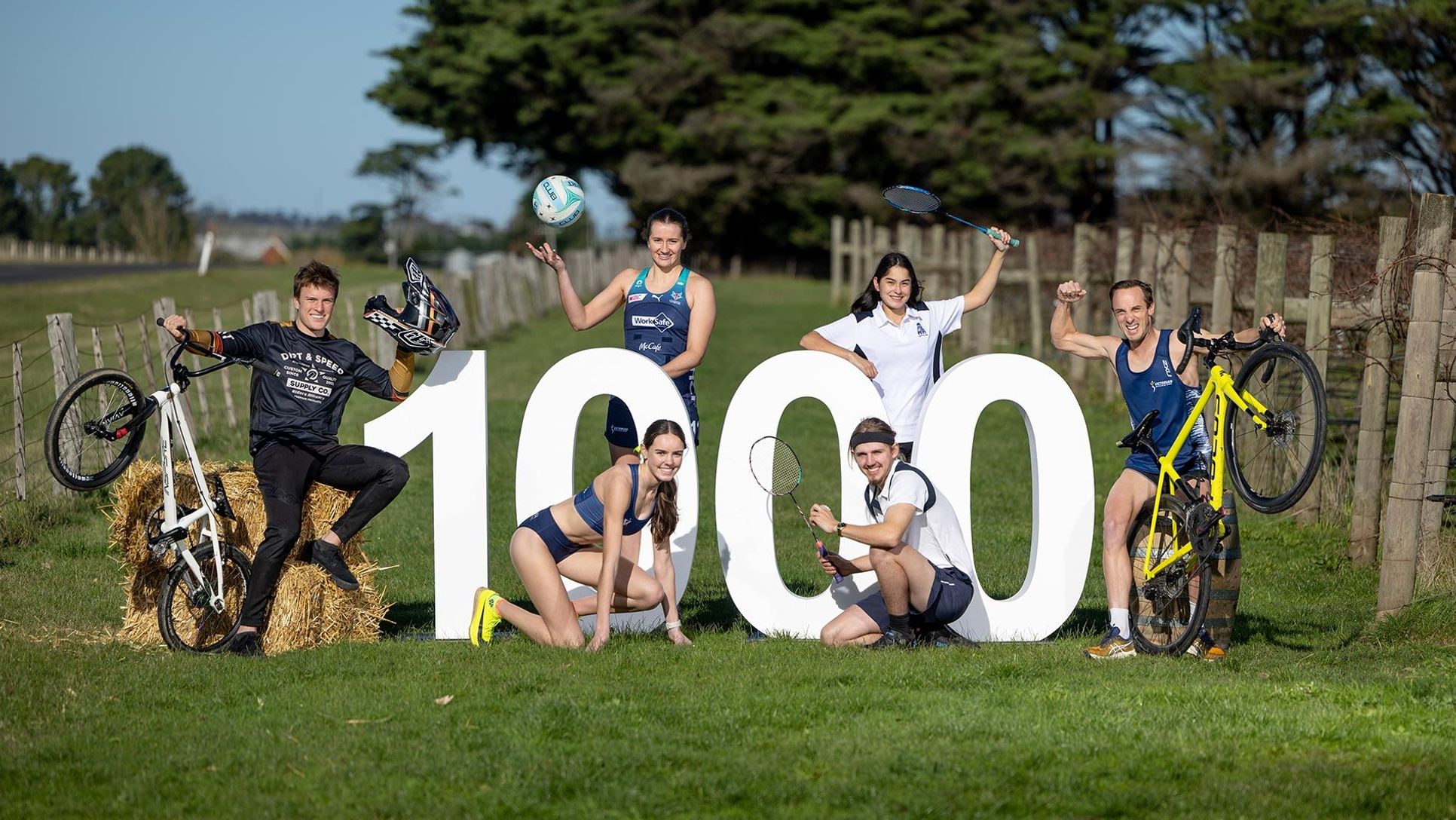
The Australian state of Victoria will spend A$2bn on homes and sporting venues to give Victorians the “legacy” of the Commonwealth Games it cancelled yesterday.
Victoria premier Daniel Andrews promised a A$1bn housing fund to build some 1,300 new homes across the state, including social and affordable housing.
The remainder will fund new permanent and upgraded sporting infrastructure projects planned for the Games anyway, plus a new A$150m tourism and events fund.
“We’ll deliver all the housing, sports infrastructure and tourism legacy benefits for our regions – but without the massive extra cost of hosting the Games,” said Victoria’s Minister for Commonwealth Games Legacy, Harriet Shing.
“Communities are really enthusiastic about the local projects and outcomes they want to see, and we’ll be sitting down with councils, regional partnerships and others over the coming weeks to plan the next steps for all of these projects to ensure locals have their say,” she added.
‘Just too much’
The state government caused widespread alarm yesterday by cancelling the Games it had agreed to host in March 2026, claiming the cost of hosting them would exceed A$6bn, more than twice the economic benefit they’d been estimated to bring.
“When the Commonwealth Games needed a host city to step in at the last minute, we were willing to help – but not at any price, and not without a big lasting benefit for regional Victoria,” the government said in a statement, adding: “Now the choice couldn’t be clearer – $6 billion is just too much.”
It said it reached its conclusion after “significant planning work and extensive market soundings”.
“Thanks to the work from the dedicated project teams, we’re able to make this decision not to proceed before any major building and supply contracts have been signed, meaning costs incurred to date have been relatively contained,” the statement said, adding that those costs would be disclosed once negotiations were finished.
Victoria started talks on hosting the 2026 Games in January 2022 to fill a gap left by the withdrawal of various city bids over costs. Victoria’s bid was accepted in April 2022.
Rather than concentrate the Games around Melbourne, as the state did in 2006, it planned to distribute them among four regional hubs – Ballarat, Bendigo, Geelong, and Gippsland – with a Games village built for athletes in each.
Victoria’s fault?
Games organiser, the Commonwealth Games Federation (CGF), called the decision “hugely disappointing”, adding that the A$6bn figure was 50% higher than the one quoted to the Organising Committee at its June board meeting.
It blamed the cost escalation on the state’s choice of a regional hosting model, saying the costs “in particular relate to village and venue builds and transport infrastructure”.
“Since awarding Victoria the Games, the Government has made decisions to include more sports and an additional regional hub, and changed plans for venues, all of which have added considerable expense, often against the advice of the Commonwealth Games Federation (CGF) and Commonwealth Games Australia (CGA),” it said.
Input prices for residential construction in Australia rose 11.4% in the year to March 2023, with hikes in plasterboard, aluminium, glass, and copper materials driven by high energy and transport costs, according to the Australian Board of Statistics.
Legacy minus the Games
The Victorian government remained adamant, saying: “Every one of the permanent new and upgraded sporting infrastructure projects planned as part of the Games will still proceed – and all will be completed as planned.”
This includes a new Aquatic Centre at Armstrong Creek, a 6-court indoor stadium at Waurn Ponds, upgrading Eureka Stadium in Ballarat to seat 10,000 spectators, a new community sporting facility at Miners Rest, upgrades to Bendigo Stadium, BMX trails in Shepparton, Gippsland Sports and Entertainment Park, Ted Summerton Reserve in Moe.
“Now,” it said, “instead of building temporary facilities for the Games competitions, we’ll be able to get on with constructing the final form of these projects and delivering the legacy outcomes – meaning locals will get access to new and upgraded venues sooner than waiting for the Games to be completed.”










